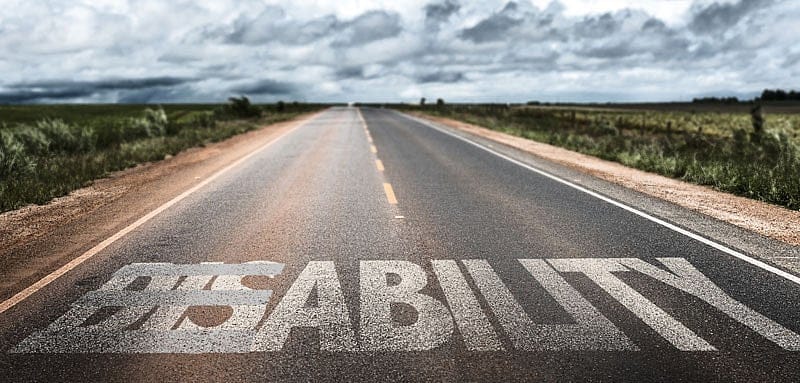Life with Silas

Three years ago, my wife and I headed to the hospital. We prayed for a safe delivery. After being admitted, we waited. A few hours later we celebrated the birth of our son, Silas. What can possibly compare to hearing your child take his first breath of life?
Yesterday morning my wife put three candles in a cinnamon roll. We sang Happy Birthday. We celebrated after Silas blew out all three candles in one breath. Last year, Silas could not blow out candles. Blowing out candles is a big milestone for any child carrying around an extra chromosome in every cell of his body. Silas's big brother and sister cheered. Mommy and Daddy were filled with pride. Silas gave himself applause (he likes to clap his hands), and he laughed.

